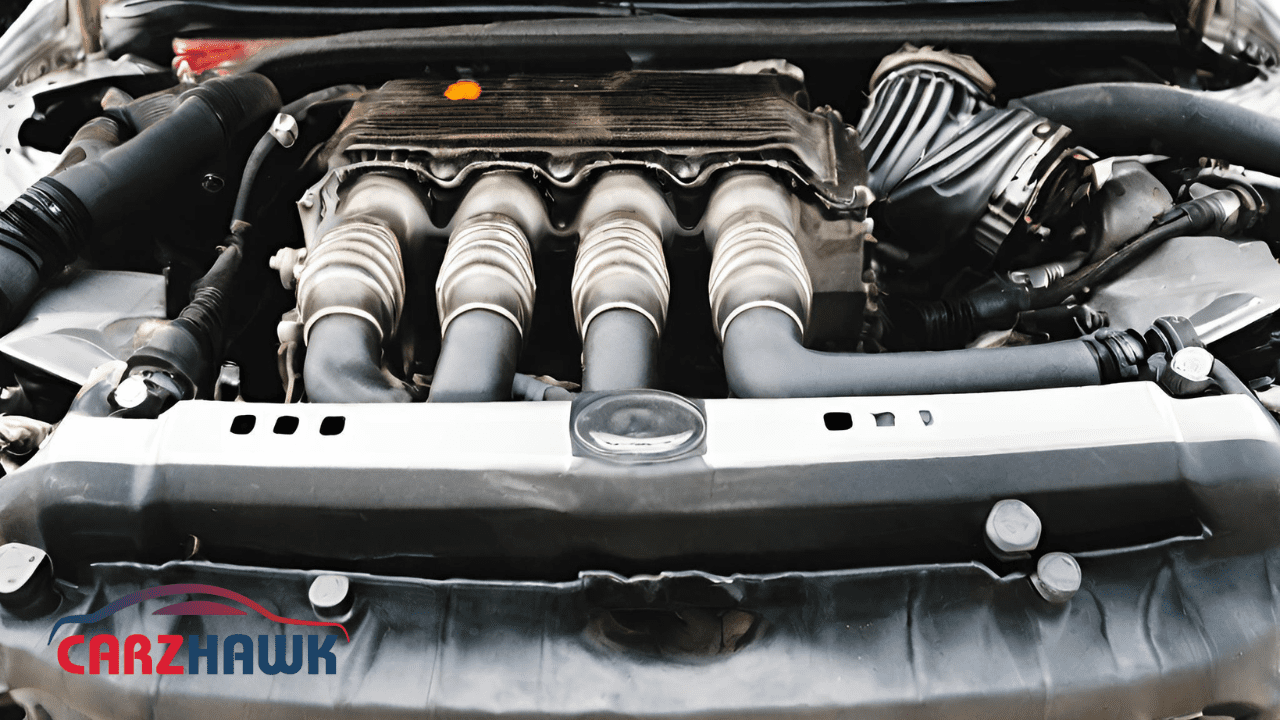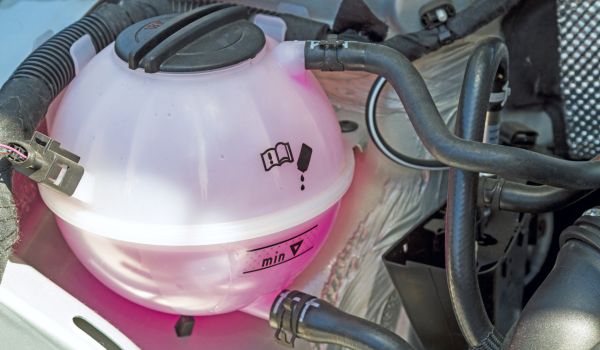The pinnacle 7 symptoms of a bad Radiator are very crucial for automobile drivers to observe and fasten right away. These caution signs can keep the radiator from breaking down without observing and making sure it works well. When it receives warm, radiators are crucial for consolation, however ignoring those signs can cause the engine to overheat and do extra harm.
Leaks Can Indicate Radiator Problems
When checking your vehicle for feasible problems. Firstly, it’s critical to keep a near eye out for any leaks. Additionally, leaks may be a signal that something is incorrect with the radiator that you should not forget about. Moreover, there are several things which could cause a radiator to leak, inclusive of rust, tired gaskets, or physical harm. Furthermore, if you spot coolant dripping or pooling underneath your automobile, it is viable that your radiator is having problems. It is crucial to take care of those signs and symptoms of a bad radiator to keep your vehicle’s cooling system from getting worse and to ensure the engine runs at its best.
Overheating Engine Points To Issues
If your engine continually runs hotter than common, that indicates your radiator is broken. The radiator’s primary job is to keep the engine cool by releasing the heat produced when the engine runs. Overheating can take place if the heater isn’t always working properly and can not put off the extra warmth. Ignoring this sign should cause extreme harm to the engine as a way to value lots to restoration. It’s crucial to take care of the trouble properly and feature an expert to have a look at the radiator.
Unusual Noises May Signal Malfunction
Strange sounds coming from a heater, like hissing or banging, may want to mean something is wrong. These may be symptoms of issues like getting air bubbles stuck, breaking a fan, or having a water pump that doesn’t always work right. It’s crucial to be aware of those noises and have an expert test them out because they might be early signs that a radiator is breaking down. Ignoring those noises should cause extra harm or even cause the engine to get too warm. When they’re in good form, radiators work quietly and efficiently.
Low Coolant Levels Are Concerning
When checking the fitness of your radiator, low water tiers are a huge trouble. Coolant, also known as coolant, plays an essential role in maintaining the engine at the right temperature as it absorbs and gets rid of excess heat. Low amounts can make the radiator get too hot, which could harm the engine. Checking the water level often is important for the lifestyles of the auto and the proper functioning of the radiator. This way, any leaks or problems may be constant quickly.
Rust Or Corrosion Can Hinder Performance
When it comes to radiators, rust or rusting can clearly mess up how nicely they work. Over time, dust and moisture can rust or corrode the radiator’s inner elements. Additionally, this makes it harder for heat to transport and water to glide, consequently making the engine less successfully cooled. Furthermore, if it isn’t restored, it could lead to leaks and irreparable harm, resulting in significant repair or replacement costs. Moreover, you must inspect and maintain the radiator frequently for it to continue operating at its best. This includes draining the radiator and adding corrosion inhibitors.
Foul Odours Could Be Warning Signs
Bad smells coming from your car ought to imply that the radiator is not operating right. Consequently, a candy or syrupy odour may suggest that there may be a leak, whilst a burning scent should mean that the radiator is hot and could cause damage. Therefore, it’s vital to cope with those smells right away and feature an expert check out your radiator to locate and fix the real trouble. Consequently, ignoring those signs and symptoms can cause extra damage and extra luxurious maintenance.
Inconsistent Heating May Require Maintenance
When the heat in your car does not paint right, it may be disturbing and wishes to be constant. A bad radiator could make the temperature too excessive or too low, which can be uncomfortable to force. This problem can be due to a radiator that is stuck, a thermostat that doesn’t work, or a leak inside the coolant device. Taking care of this symptom properly is critical for consolation and characteristics.
A professional radiator technician can discern what is incorrect and do the protection or repairs that are needed to get the heating again every day. Knowing the signs and symptoms of a bad radiator is crucial for keeping the automobile healthful and making it last as long as possible. Checking the automobile often for signs and symptoms like overheating, unusual noises, and coolant leaks can preserve it going for walks without problems and save you lots of cash on maintenance. If any symptoms are seen, the radiator wishes to be checked out and glued by an expert mechanic right away.
FAQ
What are the commonplace signs of an awful radiator in an automobile?
Common signs and symptoms of a horrific radiator in an automobile consist of overheating, coolant leaks, low coolant ranges, discoloured or rusty coolant, a sturdy smell of coolant, and radiator harm such as cracks or corrosion.
How can I inform if my radiator is failing or now not functioning nicely?
Coolant leaks, common engine overheating, low coolant degrees, discoloured coolant, uncommon smells, radiator steam, and sludge or debris indicate a bad radiator. A professional inspection is suggested.
What are the awesome signs of coolant loss or a radiator leak?
Warning symptoms of a bad radiator leak encompass:
Overheating, low coolant tiers.
A sweet smell.
Visible coolant leaks.
White smoke from the exhaust pipe.
Addressing those is important to save you further damage to the engine and cooling device.
What should happen if you power a car that has a faulty radiator?
Radiators that fail can overheat, damage, and wreck engines. They mismanage engine temperature, causing bent cylinder heads, blown gaskets, and engine failure. They also can leak coolant, causing overheating.
How can I troubleshoot and fix a radiator problem by myself?
To repair a radiator, test for leaks, update hoses, take a look at coolant and clear debris. If needed, replace it. If unsure or uncomfortable, get professional assistance.




